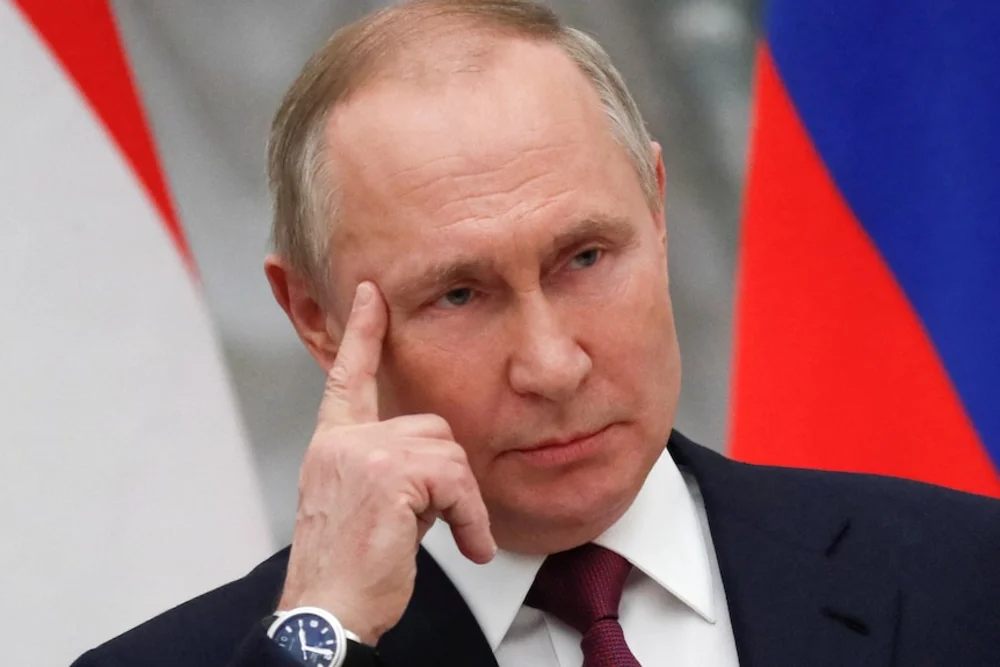How Long Has Putin Been in Power?
If you’re curious about Vladimir Putin’s career, you’ve come to the right place. Here you’ll find information about His four terms as president, His influence on Russia’s development, and His plans to leave office. We’ll also take a look at some of His major accomplishments.
Vladimir Putin’s career
Vladimir Putin is a Russian politician and former intelligence officer. He has been president of Russia since 2012 and previously served as president from 2000 to 2008. Learn about Putin’s career. This biography will help you understand his life and the reasons behind his current position. Also read about his background, his personal life, and his family.
Vladimir Putin’s education started at a young age. While in elementary school, he studied judo, a martial art. He wanted to be like Soviet intelligence officers in movies, so he decided to learn the art. He also studied German at Saint Petersburg High School and speaks it fluently. After completing his studies, Putin joined the KGB, where he served undercover in Germany until 1990.
After his inauguration, Putin faced a challenge to his popularity. He refused to visit the site of the Kursk submarine disaster, prompting widespread criticism of his decision. He was criticized for two weeks but eventually agreed to go. Later, he said on a television show that the vases were planted by archaeologists.
His four terms as president
Russian president Vladimir Putin served two four-year terms in 2008 and 2012. After he stepped down as president, Putin was appointed prime minister by his political ally, Dmitry Medvedev. A year later, Putin was elected president again. The current presidential term limit is four years, but a recent law changed that to six years, and the new law does not count time already served as president.
Whether Putin’s four terms are enough to maintain the same level of stability and prosperity is unclear. His age is one factor that adds to doubts about his ability to remain president. In addition, Russia is still reeling from the devastating coronavirus health crisis, which exposed the weaknesses of Putin’s centralized rule. The economy has been hit hard as a result. If the country’s economy suffers during his fourth term, doubts about his ability to remain president will increase.
Putin’s popularity rose after his 2004 election. He was reelected easily in March 2004, and his party was overwhelmingly successful in the 2007 parliamentary elections. Despite the fact that international observers and the Communist Party of the Russian Federation challenged the elections, the results endorsed his power. The next question is whether Putin will be able to find a successor after his term expires.
His influence on Russia’s development
Since assuming office in 2000, Vladimir Putin’s influence over the development of Russia has been huge. His administration has brought Russia out of the chaos of its early years under Yeltsin. In addition, the country has begun to stabilize after being crippled by international sanctions. Nonetheless, the long-term costs of sanctions will continue to weigh on the Russian economy, and this could increase the political pressure on Putin.
In the early years of his presidency, Putin called for far-reaching international integration. He made joining the World Trade Organization a key goal. However, in recent years, he has been less interested in this issue. Although he has joined the WTO, he has also begun to adopt policies that favor protectionist measures and import substitution.
In 2014, he was forced to confront the economic consequences of war in Ukraine. Although the EU and the US greeted Russia’s invasion of Crimea and Donbas with limited sanctions, Putin thought he could ride out the storm. He did not anticipate the shockwave of the European response to the crisis, or the sudden interest of Finland and other former Soviet republics in joining NATO.
His plans to leave office
The president’s plans for leaving office are a hot topic in Russia. Many have speculated that Putin may appoint a new prime minister, grooming him to be his successor. However, his staff has denied any such plans. They have also played down the rumors.
It is unclear exactly what Putin intends to do next, but there has been a flurry of government appointments in recent months. Putin was named head of the FSB and presidential staffer during Yeltsin’s tenure. Medvedev served as president for four years but failed to fully control him. The shakeup is likely to be aimed at preserving Putin’s legacy.
It is unclear what exactly Putin’s plans are, but they will most likely include changes to the Russian constitution. The upcoming 2024 presidential election will mark the end of Putin’s current term and almost certainly his final. While he will no longer be president, he will be able to play a major role in the country. However, changes to the constitution will limit the power of the Russian presidency. And since Putin isn’t planning to run for a fifth term, he may be considering stepping down as soon as he is ready.


